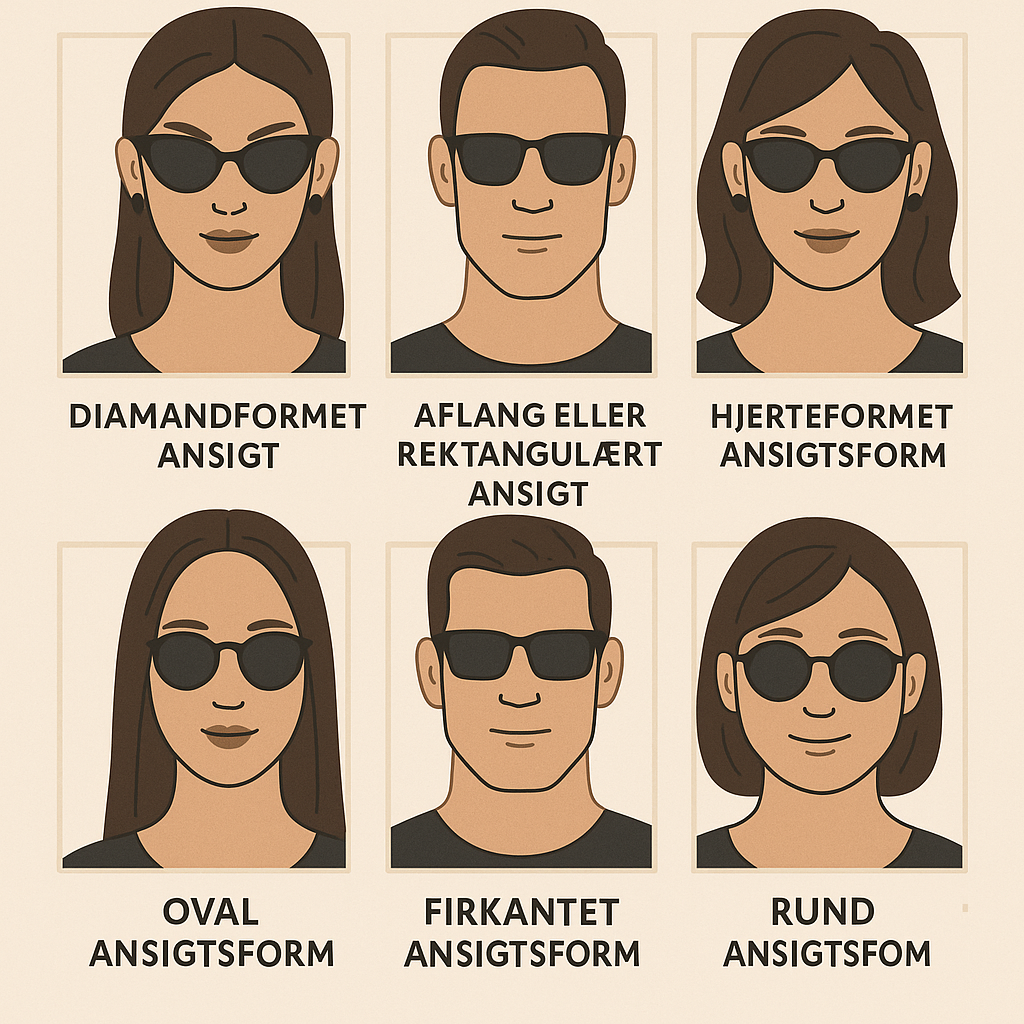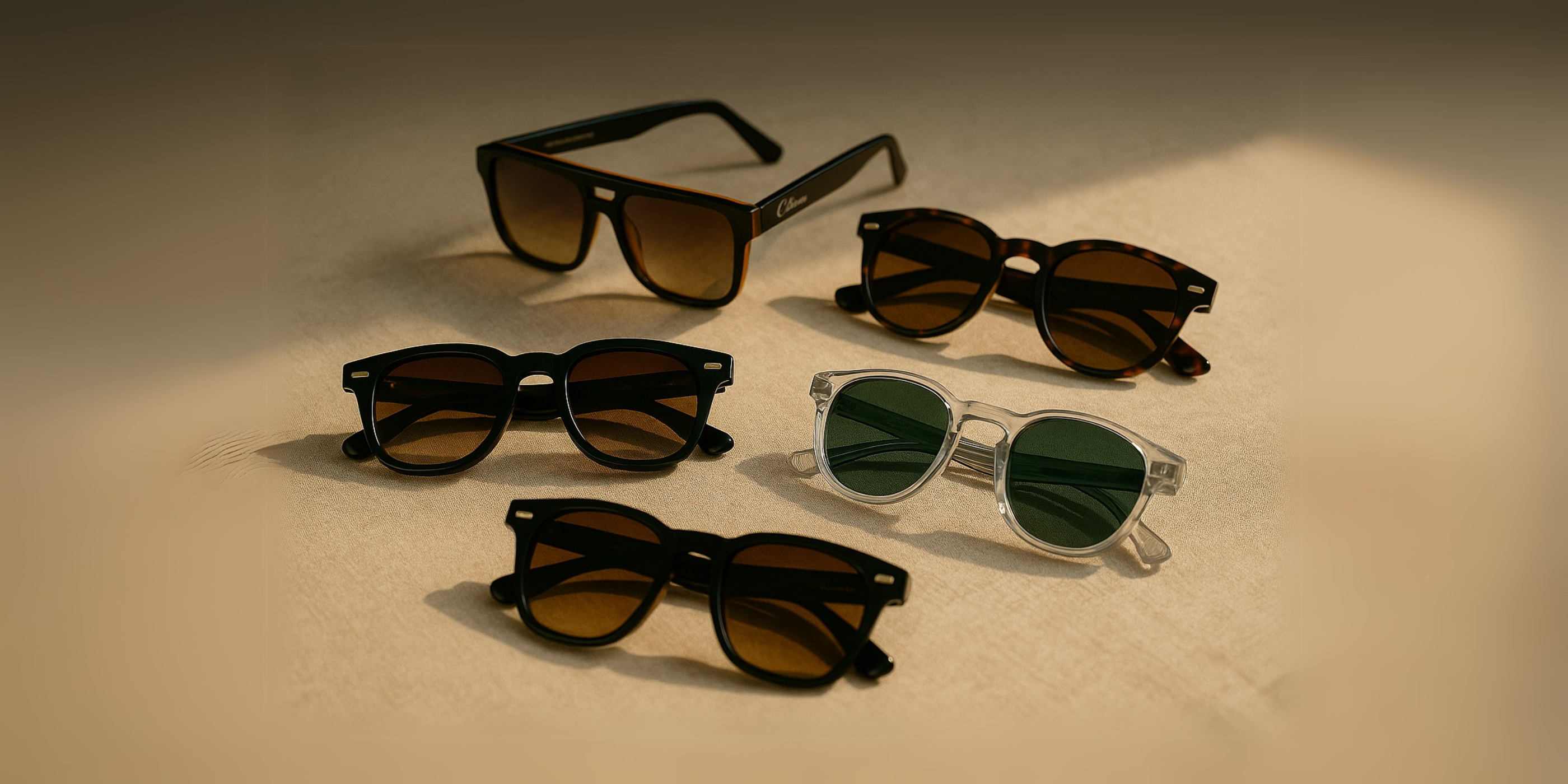Advantages and disadvantages of blue light
In a world where we increasingly work, communicate and entertain ourselves via digital devices, blue light glasses have become a popular solution. But what is really going on in the blue light debate, and what are the benefits – and possible drawbacks – of using these glasses?
What is blue light and why should we worry?
The technology behind blue light
Blue light is part of the visible light spectrum and has a wavelength of between approximately 400 and 500 nanometers. It is the light with the most energy among visible light – and it is precisely this high energy that is causing researchers and health professionals to take a closer look at it.
Where does the blue light come from?
-
Natural light: The sun is the largest source of blue light and plays an important role in regulating our biological clock (circadian rhythm).
-
Artificial light: Electronic screens (smartphones, computers, tablets, LED lights) also emit blue light – but in lower amounts than the sun.
Why is that a problem?
The problem arises because we use screens very close to our eyes and often for hours – especially in the evening. This can lead to eye strain, disturbed sleep and in some cases headaches and difficulty concentrating.
Benefits of blue light glasses
1. Reduces digital eye strain
One of the most noticeable benefits is the reduction of eye fatigue and discomfort. By filtering out blue light, the eyes are given a "break", which is especially beneficial for people who work in front of a screen all day.
Typical symptoms of digital eye strain include:
-
Dry eyes
-
Red or irritated eyes
-
Blurred vision
-
Headache
-
Difficulty focusing
2. Improves sleep quality
Blue light inhibits the production of melatonin – the hormone that makes us sleepy. Using screens late at night can make it harder to fall asleep. Blue light glasses help maintain your natural circadian rhythm and make it easier to calm down.
Extra tip: Combine the glasses with “night mode” on your devices for optimal effect.
3. Prevents potential long-term effects
Although research is still ongoing, there are theories that prolonged exposure to artificial blue light may increase the risk of macular degeneration (age-related eye disease). Blue light glasses act as an extra layer of protection.
Disadvantages and considerations
1. Effect varies from person to person
While many people experience improvement, there are also users who don't notice much of a difference. The effect often depends on how much screen time you have and what time of day you are exposed to blue light.
2. Not a substitute for good screen habits
The glasses are not an excuse to stare at the screen for hours without a break. It is still important to:
-
Take 20-20-20 breaks (every 20 minutes, look 20 feet away for 20 seconds)
-
Blink frequently to avoid dry eyes
-
Have good lighting in the room
3. Quality varies greatly
Not all blue light glasses are created equal. Some are sold solely as fashion glasses with yellow or orange lenses without any real filtering. Choose glasses with documented filtering and preferably from a trusted brand.
Who benefits from blue light glasses?
Do you work in front of a screen?
If you spend more than 4-6 hours a day in front of a computer, tablet or phone, you will most likely notice a difference by wearing blue light glasses – especially in the evening.
Students and gamers
Students, gamers, and creative people who work late at night often benefit greatly from blocking blue light in the evening hours.
Elderly people and people with sleep problems
Since melatonin production decreases with age, older people can also benefit from blue light glasses, especially if they already have sleep disorders.
How do you choose the right blue light glasses?
When buying blue light glasses, you should consider the following:
-
Filtering level: Some glasses block 20-40% of blue light (good for daytime use), while others block up to 90% (suitable for evening use).
-
Design: Choose a design that suits your style and face shape – the glasses should be comfortable to wear for many hours.
-
Anti-reflective coating: This reduces glare and provides clearer vision.
-
CE and UV certification: Make sure the glasses are tested and certified.
Conclusion: Are blue light glasses worth it?
Blue light glasses are not a miracle cure, but they can be an effective support in a digital everyday life filled with screen time. By combining the glasses with healthy screen habits and good sleep hygiene, you can achieve better focus, less eye fatigue and improved sleep.
Ready to protect your eyes?
Do something good for your eyes today – try our stylish and functional blue light glasses .






Share:
Why Glasses Matter More Than Just Vision
How Screen Glasses Protect Your Eyes in Digital Life